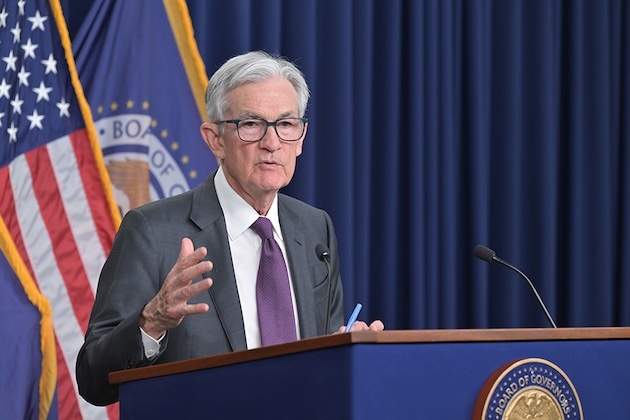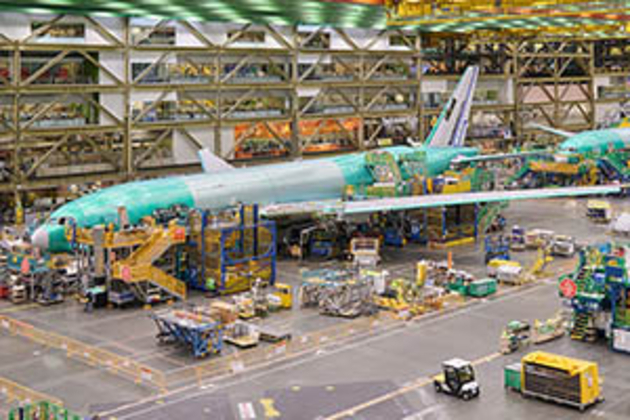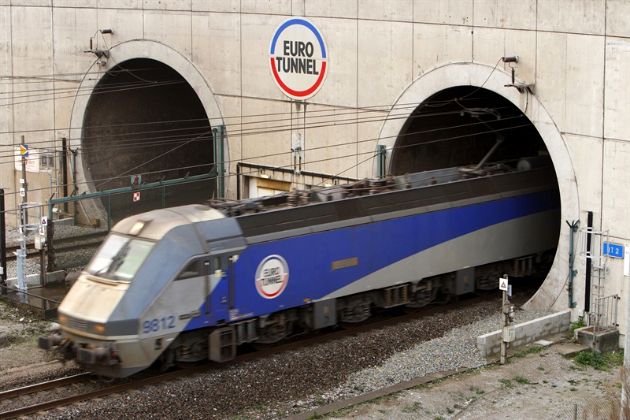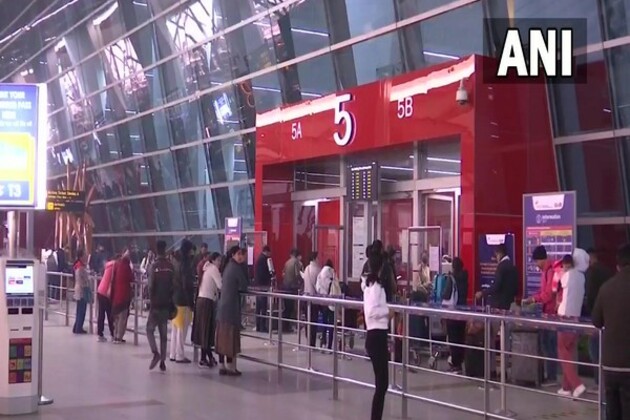Lessons from history point to local councils' role in Australia's recovery
The Conversation
04 Jun 2020, 12:09 GMT+10
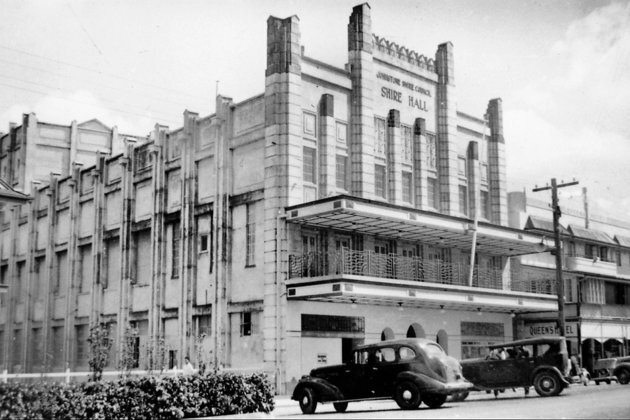
Australia's local governments breathed new life into embattled regional communities after the second world war. Today, this history reminds us of the role local councils and communities should play in plans to power the national recovery from the COVID-19 shutdown.
Australia's experience of this pandemic has opened a door to the past. The Spanish flu pandemic led to emergency powers, border closures and authority contests between state and federal governments.
Read more: How Australia's response to the Spanish flu of 1919 sounds warnings on dealing with coronavirus
Now, as Australia reopens the economy, it is time to consider lessons from post-war reconstruction. It was one of the nation's greatest achievements. Post-war reconstruction reshaped the economy and set a national agenda for the following decades.
But, in the broad memory of the period, local initiatives are often overlooked. Responses in North Queensland, for instance, proved reconstruction was not the exclusive preserve of state and federal governments.
The social and economic impacts of the war had devastated North Queensland's isolated communities. They faced an uncertain future. Without robust connections to national authorities, the people of North Queensland were at risk of being left behind by centrally planned reconstruction programs.
In response, the region's local governments mobilised their collective resources. They led a huge recovery program, which transformed North Queensland. The efforts of councils and their communities helped stimulate a period of record northern development.
Planning began early
Post-war planning began long before hostilities ended. Under pressure from the federal Labor opposition, Prime Minister Robert Menzies had established a small Reconstruction Division in 1940. A political crisis consumed the leadership of both Menzies and his deputy, Arthur Fadden, and Labor's John Curtin became prime minister in 1941.
Preoccupied with the war effort, Curtin at first overlooked reconstruction. Internal party pressure soon stimulated a national agenda and the creation of the Department of Post-War Reconstruction. It began work in 1942 with Ben Chifley as minister.
Herbert "Nugget" Coombs was one of the architects of reconstruction. He reckoned the war had provided the nation with an:
COVID-19 provides similar opportunities for a centrally planned reboot of the national economy. Perhaps, as with the post-war reconstruction of North Queensland, local innovation could then drive this recovery.
Regional alliance set agenda
From 1942, preparations for the war in the Pacific transformed North Queensland. Huge numbers of Allied troops descended on the region. This led to shortages of food, jobs and housing.
Being close to the conflict zones in New Guinea and the Coral Sea intensified fears of invasion. Local residents were frustrated by a lack of attention from distant state and federal governments.
In 1943, one local council chairman said:
Local governments seized the initiative. Across a territory similar in size to the area from Sydney to the Gold Coast and west to Tamworth, North Queensland councils formed an ambitious alliance. They created the North Queensland Local Government Association in 1944.
The association aimed to overcome political and parochial rivalries. It formed bipartisan committees that examined regional priorities and developed a "Northern Reconstruction" agenda.
The projects the association sponsored resonate with the present challenges flowing from COVID-19. Increased civic engagement helped to deliver transport projects and industrial development. Local governments formed partnerships with power companies, port authorities and chambers of commerce.
Local governments fostered better connections across the region and with the rest of Australia. The association became a conduit for the flow of local knowledge to state and federal authorities. This helped focus crucial national resources on regional problems.
Northern reconstruction left visible monuments: a massive steel bridge over the Burdekin River, the Tully Falls hydro scheme and better road and rail networks. Less visible outcomes included resources for local schools, tourism development and better responses to natural disasters.
The association even had a commitment to intellectual endeavour. It sponsored a young historian, Geoffrey Bolton, to write the region's first scholarly history.
Regions hard hit again
The global pandemic is not over. We still face the danger of further clusters of infections, a second wave is possible, and more deaths are likely. The shock waves from job losses, social disruption and isolation continue to spread more widely than the virus itself.
The nation's regions have experienced this pandemic differently from metropolitan areas. In northern Australia, the impacts from disruption to tourism and other local economic sectors threaten to be devastating. In Western Australia, local networks have already proven invaluable.
Across regional Australia, the historical example of "Northern Reconstruction" shows the capacity of local governments to lead disaster recovery.
Authors: Patrick White - PhD Candidate in History and Politics, James Cook University | Claire Brennan - Lecturer in History, James Cook University 
 Share
Share
 Tweet
Tweet
 Share
Share
 Flip
Flip
 Email
Email
Watch latest videos
Subscribe and Follow
Get a daily dose of International Travel News news through our daily email, its complimentary and keeps you fully up to date with world and business news as well.
News RELEASES
Publish news of your business, community or sports group, personnel appointments, major event and more by submitting a news release to International Travel News.
More InformationBusiness
SectionAudi to cut 7,500 jobs in Germany by 2029 in cost-cutting move
BERLIN, Germany: Audi has announced plans to cut up to 7,500 jobs in Germany by 2029 as part of a broader restructuring aimed at reducing...
FAA to propose new rules for expanding drone deliveries
SEATTLE/WASHINGTON D.C.: U.S. Transportation Secretary Sean Duffy said last week that the Federal Aviation Administration (FAA) is...
Wall Street rallies on Federal Resrve decision
NEW YORK, New York - U.S. stocks rose Wednesday despite the U.S. Federal Reserve signalling a potential slowdown in the U.S. economy,...
Trump repeals $17.75 minimum wage rule for federal contractors
WASHINGTON, D.C.: President Donald Trump has reversed a Biden-era executive order requiring businesses with federal contracts to pay...
UBS CEO Ermotti to earn $17 million in 2024, report says
FRANKFURT, Germany: UBS CEO Sergio Ermotti will receive a pay package of just over 15 million Swiss francs (US$17 million) for 2024,...
France calls for talks as EU bourbon tariffs backfire
PARIS, France: French Prime Minister Francois Bayrou acknowledged over the weekend that the European Union may have miscalculated by...
Travel and Tourism
SectionBoeing under fire as US officials demand stricter oversight
WASHINGTON, D.C./SEATTLE: Boeing is facing mounting scrutiny after a series of safety lapses and manufacturing issues, with U.S. Transportation...
Dublin thrives in colorful St. Patrick’s Day celebrations
DUBLIN, Ireland: Dublin came alive with energy and color as thousands lined the streets to celebrate St. Patrick's Day, soaking in...
Virgin Group aims to raise $900M for cross-channel rail venture
LONDON, U.K.: Virgin Group is seeking to raise $900 million to fund its plan to launch cross-channel rail services, positioning itself...
Delhi Airport's Terminal 1 to resume full operations from April 15; flights from T2 to shift
New Delhi [India], March 20 (ANI): Delhi Airport's Terminal 1 (T1) will resume full operations from April 15 onwards. As part of this...
Union govt is measuring to increase blending of ethanol in petrol beyond 20 pc from 2030
New Delhi, India, March 20 (ANI): The Union government is planning to increase the blending of 20 per cent ethanol in petrol from 2030,...
Union government mUnion govt to increase blending of ethanol in petrol beyond 20 pc from 2030easuring to increase blending of ethanol in petrol beyond 20 pc from 2030
New Delhi, India, March 20 (ANI): The Union government is planning to increase the blending of 20 per cent ethanol in petrol from 2030,...



